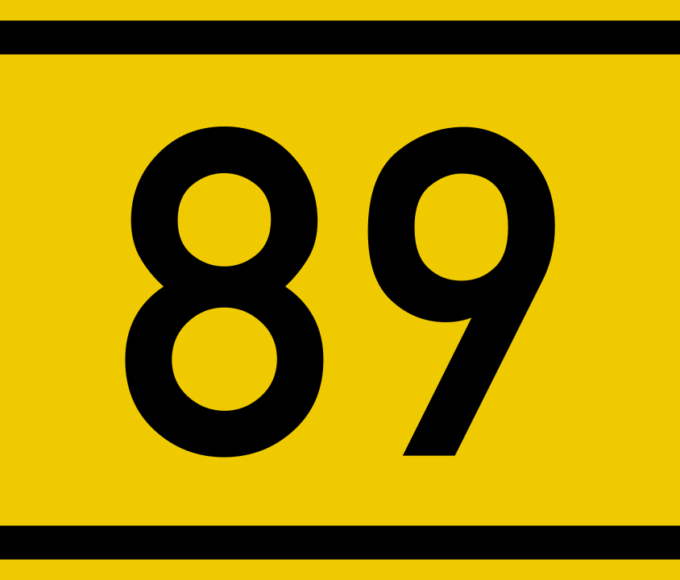Setting up a call centre provides you with the opportunity to join an industry with a huge range of work to choose from. Whether you want to help customers, generate sales, provide technical support, conduct research, or offer a combination of these, or do something else entirely, you will be entering a broad and exciting sector where no two days, or calls, are the same. Although it has experienced some decline in recent years, the UK call centre industry still has a market size of £3 billion, according to the latest data. And with over 900 businesses employing more than 67,000 people, it is clearly an established sector.
Call centre costs and equipment

The type of call centre that you plan to launch will strongly influence your startup costs. For instance, the cost of running a virtual call centre is of course much cheaper than running one out of office space.
- Select equipment – there are a few key pieces of equipment that you’ll need to get your call centre started. These include headsets, telephone hardware/software, computers/laptops, internet connection, and workstations, e.g. ergonomic desks, chairs, lighting etc. While this offers a general guide, the equipment that you’ll specifically need will depend largely on the type of call centre you want to run.
- Recruit staff – call centres required staff working in a range of different roles. These include agents, team leaders/supervisors, managers, analysts, trainers and HR personnel.
- Choose an energy provider – whilst there are many options out there when it comes to business energy providers, sometimes all of this information can become overwhelming, which is why you need to visit the Utility Bidder website. There you can find simplified information and the best energy deal for your call.
Paying staff
There are a variety of ways in which agents’ earnings are calculated in edysen. Some of the different pay models that can be adopted include the following:
- Hourly rate – this simply involves the client paying agents at the call centre an hourly rate for their service. This rate will vary depending on the complexity of the calls being made, and the level of skill or knowledge required.
- Hourly rate and commission – agents are paid a commission on top of their hourly rate as an incentive. The client and the call centre will typically agree on a fair percentage.
- Pay for performance – used for large, proven programmes, this compensates employees based on the quality of their performance.
- Pay per minute – agents are paid based on the minutes they are engaged with a customer.
Next steps
Setting up a call centre in the UK means entering a large and established industry, so you will need to have a good idea of the type that you want to start. Startup costs can vary, although you will need to budget more for an in-person call centre and less for virtual, mostly due to the costs involved in securing premises.
Read More








Leave a comment